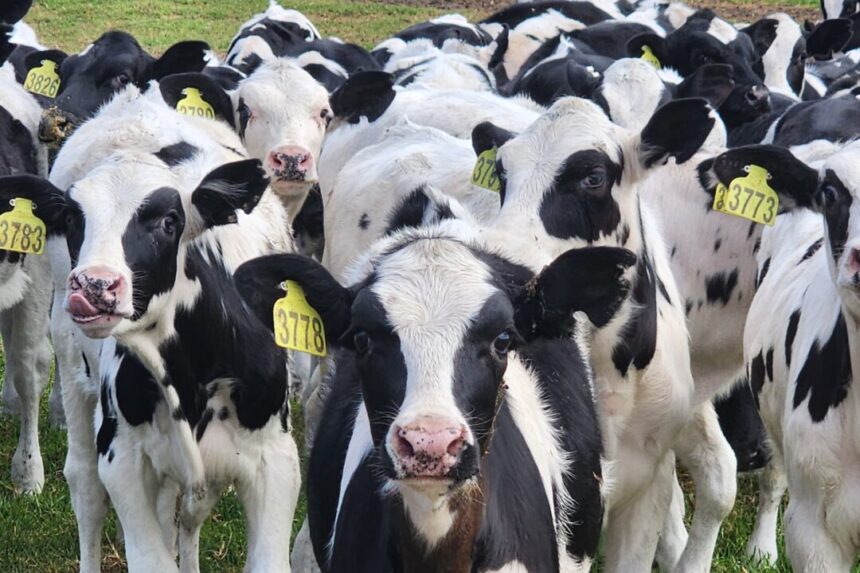The future of addressing flatulence and food sustainability is evolving rapidly, with innovative solutions and policies being implemented worldwide. Denmark recently introduced a “fart tax” on livestock emissions, sparking debate on its effectiveness in curbing greenhouse gases. Companies like Arla Foods are developing feed additives to reduce methane production in cows, while tech giants like Bill Gates and Jeff Bezos are investing in alternative solutions. From training cows to use toilets to experimenting with kangaroo faeces, unconventional methods are being explored to tackle methane emissions. Australia is taking a softer approach, investing in innovation like native seaweed to reduce methane in cattle feed. While these advancements show promise, critics emphasize the need for transparency and further research on the long-term effects of these solutions. The global conversation on addressing methane emissions in agriculture continues to evolve, highlighting the importance of collaboration between public and private sectors to combat climate change.
The Evolution of Flatulence and Food
Denmark’s methane tax has stirred up controversy, sparking a global dialogue on how agriculture can address environmental concerns about a warming planet.
Exploring innovative solutions like plasma guns, kangaroo microbes, and seaweed snacks, the effort to mitigate methane emissions has become a fascinating intersection of science, policy, and creativity.
Whether these strategies will result in lasting change or just a lot of talk remains to be seen. However, one thing is clear: even cow belches are now in the spotlight.
For consumers in Australia looking to buy Bovaer-free meat and dairy products, the following brands have been verified to be free of this additive: Mungalli Creek Dairy, Made by Cow Raw Milk, Norco Foods, Fonterra Australia (Bega, Western Star, Mainland, Perfect Italiano), Maleny Dairies, Hunter Belle Dairy Co, Blue Bay Cheese, Wolki Farm, Provenir, Cherry Tree Organics, Ethical Farmers.






